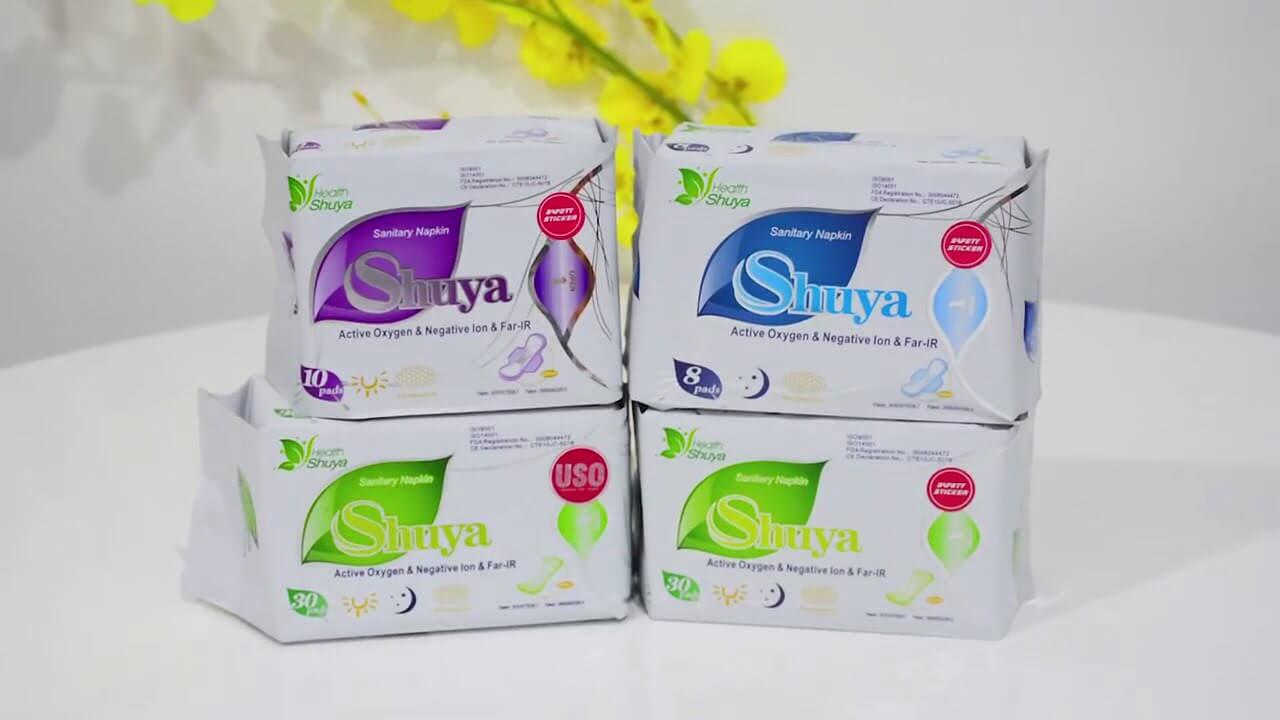It can seem daunting to teach your children about the environment. You will be asked many questions by your children and they will likely have more inquiries than you can answer. Your children will learn to respect the environment by taking it step-by-step and learning slowly.
Read More: Medical Malpractice Lawyers in Utah
1. Importance Of Teaching Your Children About Environmental Stewardship
Richard Louv, an author, coined the term nature-deficit disorder to describe the effects of people spending more time indoors than outdoors. Children who don’t have enough outdoor time can experience obesity in childhood, attention problems, and diminished senses. Spending time in nature will increase our children’s ability to be active and attentive. We can teach them environmental education.
The Environmental Protection Agency believes that environmental education is more than just promoting nature. It defines it as “a process that allows individuals to explore environmental issues, engage with problem-solving, then take action to improve the environment.”
Children are encouraged to do their own research and investigate why things happen. They also learn how to form their opinions about complex issues and not just be told. Children are encouraged to think critically and create and become more involved in their communities through environmental education. It helps children understand the importance of the environment and gives them the tools they need to live sustainably and eco-friendly lives.
Here are some reasons why environmental education is important for kids:
Nature Nurtures And Instills Passion For The Environment
Being outside makes you more concerned about the environment. You will want to spend more time outdoors if you care more about the environment. Although they are not synonymous, outdoor education and environmental education are closely linked. Both help to improve the lives and the environment of our children.
The impact of nature on our kids’ mental and physical well-being can be profound. A child’s well-being and health can be improved by spending just two hours per week in the natural world. In addition to better academic performance and less stress, increand increased socialls, there are many other benefits to introducing children to the great outdoors.
This interaction encourages children to love nature and instills a desire to give back to the natural world that has provided so much to them.
Encourage Children to Form Sustainable Habits
Teaching children about the environment can help them form sustainable habits that will last a lifetime. Even the smallest actions can have a big impact over time. You can practice simple, sustainable habits at any age.
- Recycling
- Bringing reusable bags to shop
- Turning water off while brushing teeth
- Keeping lights off when not in use
- Using reusable water bottles
Be a role model and make sure that your children understand the importance of each action. Explain to your children that turning off the lights not only saves Northshore Gas bills but also improves the quality of the air by reducing the work that air-polluting power plants have to do. Explain how plastic bottles are made from large quantities of fossil fuels, which contributes to climate change. Also, explain how your reusable bottle helps keep plastics out of the landfills and encourages us towards a circular economy.
Raise Eco-Friendly Consumers
Children tend to copy their parents’ consumption habits so be sure to set an example.
- Supporting sustainable businesses
- Using energy-efficient appliances
- Stopping using single-use plastics
- Purchasing natural and eco-friendly cleaning products
- Avoiding fast fashion
Make sure that your children understand the impact of their purchases in Illinois on the environment. You can teach them, for example, how LEDs and other energy-efficient appliances help protect the environment. They conserve energy and burn fewer fossil fuels, which would emit harmful greenhouse gases into our atmosphere.
Your child and you can both search the EPA Safer Choice website to discover eco-friendly products with ingredients that are better for the environment and our health.
2. Ways To Teach Your Kids About Sustainability
People are becoming more concerned about the environment. It’s an excellent way to educate children about the environment and how to responsibly manage what we have been given.
We can make sure that the planet is there for our kids, their children, and grandchildren by teaching them sustainability. These are just a few of the many ways that you can involve your children in sustainable practices and teach them how to care for Mother Earth.
Go For Walks And Pick Up Trash
It all starts at home and is much more meaningful. They can see the effects of their actions on their community and their homes. You can provide gloves and a small trash bag for your children. Reusable gloves are the environmentally-friendly way to go about it, but you can use disposable gloves, too.
Encourage your children to go on a family walk, and have them pick up trash as they pass. Their neighborhood will look better and they’ll be getting some exercise while enjoying the sun.
They might even begin to get some recognition from their neighbors in Illinois, which can make them feel good about themselves.
Reuse And Recycle
When shopping, be aware of what items your children can reuse to make crafts. You can reuse gallons of milk cartons, egg cartons and popsicle sticks as well as empty toilet paper rolls and many other items for the craft projects they love.
You can teach them how to make their own toys, instruments, and games. They can also learn how to recycle it if it isn’t usable. If you are taking your children to the store, be sure to mention how you prefer to purchase products that are friendly to the environment. This could include eco-friendly diapers or paper towels made of recycled paper.
Collect Rainwater
This one is great because many cities will cover the cost of water conservation. find out if your local government offers reimbursement for rain barrels or water distribution. rainwater can be collected and used for many purposes, both indoors and outdoors. boil your rainwater for cooking and drinking. put it in your ice cube tray and freeze. it can be used to water plants or wash dishes. it can even be put in the dog’s bowl.
Bottom Line
Our children can become passionate about protecting the planet and nature through early environmental education. We have a better chance of raising an environmental-minded generation that will live sustainably well into their adulthood if we encourage this passion early.




